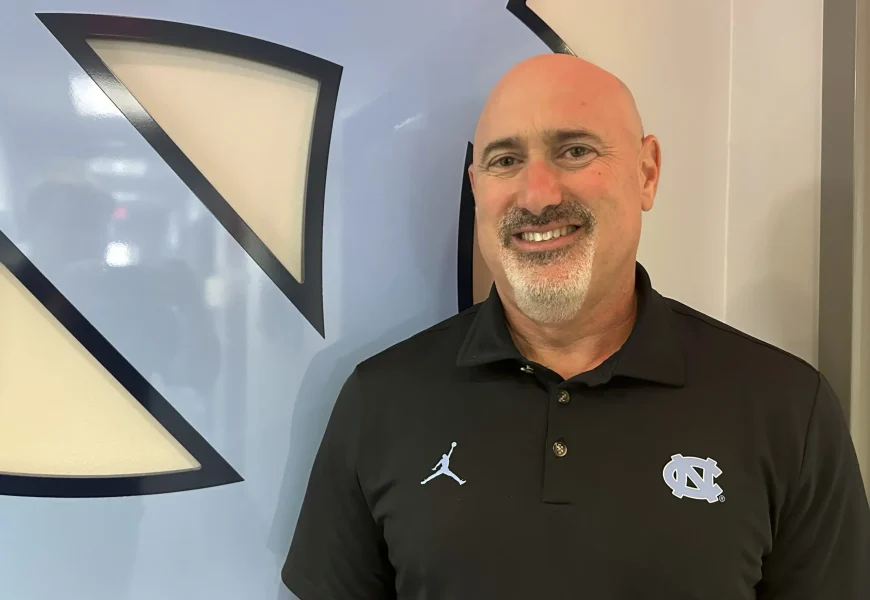CHAPEL HILL, N.C. (AP) – Steve Newmark has spent years working in a sport defined by speed.
Steve Newmark has made the shift from auto racing executive to North Carolina’s AD-in-waiting
CHAPEL HILL, N.C. (AP) – Steve Newmark has spent years working in a sport defined by speed.
Maybe that will have the former NASCAR racing team president prepared for the rapidly shifting landscape of college sports as North Carolina’s designated next athletic director.
The school announced its succession plan in July, hiring Newmark away from RFK Racing for a transitionary position before becoming Bubba Cunningham’s successor in 2026. Newmark started working alongside Cunningham this month as an executive associate AD, giving him the better part of a year to study the intricacies and quirks of overseeing a power- onference athletics program while evaluating what could be ahead with schools now permitted to pay college athletes directly.
“We were joking,” Newmark said of Cunningham, “some of it is just me following Bubba around and learning the ropes here.”


